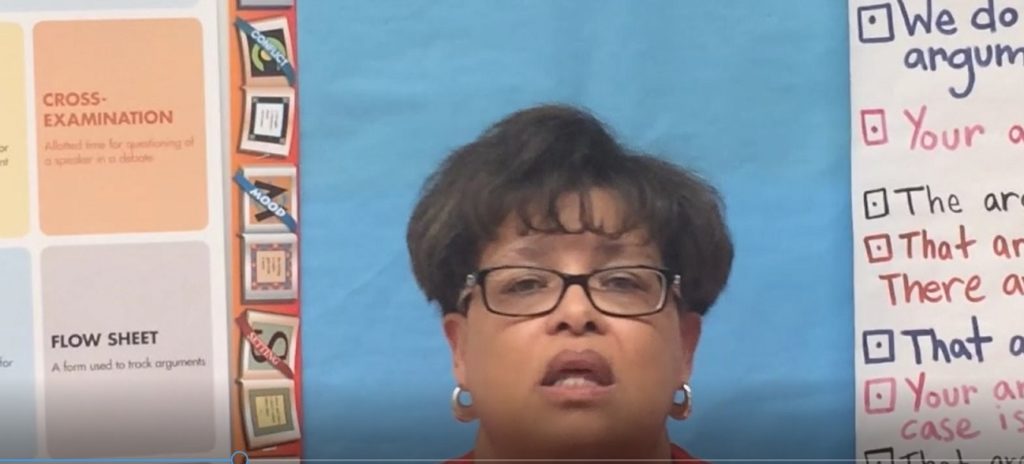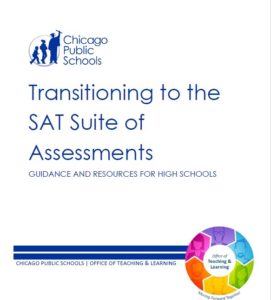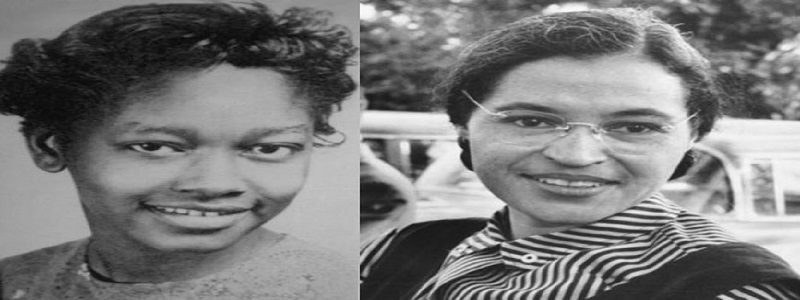Claudette Colvin, Civil Rights History, and Argument-Based Dramatic Interpretations
Overview
The National Book Award winning biography, Claudette Colvin: Twice Toward Justice (Macmillan, 2009), by Phillip Hoose, tells the story of a relatively unknown figure in the early Civil Rights Movement. In March of 1955 Claudette Colvin, then fifteen, enacted Montgomery, Alabama’s first bus protest, refusing to give up her seat to a white woman. She was arrested, spent several hours in jail, and was fined. Her classmates and community didn’t know exactly how to react to what she did at first – it was a spontaneous act of angry protest – though within the next nine months the bus boycott became a reality.
Debating the Actual Threat Posed by Undocumented Immigrants
Overview
The Debatifier has taken a close look at the legal immigration issue and its complexities, illustrating how the Micro-Macro Debates format can help students unpack and make sense of such a dense and multi-faceted issue, in part one and part two of an extended post. This post will help teachers take an argument-centered approach to the undocumented immigrant issue.
The estimated 11 million undocumented immigrants living in the United States, and immigration enforcement porous enough to allow the number to grow that large, have elicited a great deal of political discussion and societal debate over the past 40 years, though perhaps never so pointedly as in the 2016 presidential campaign. This argument-centered project crystallizes the question at the heart of this national debate:
Do Illegal immigrants pose a significant threat to American citizens?
Argument Models: A Prerequisite Resource in Effective Argument-Based Instruction
Overview
Here is a simple but profound and universally true pedagogical rule that we have (not invented but) discovered: Whatever the kind of argument-based instructional activity, lesson, or assessment you are working with, it is an essential prerequisite for its effective implementation to develop and present to students modeling resources. Along with prompt, specific, and improvement-directed feedback, modeling may be the most useful tool in the pedagogical toolkit.
Many, probably most, varieties of argument-centered projects, activities, lessons, and assessments require students to build arguments and counter-arguments, and they require that students track arguments carefully on a flow sheet so that they know what arguments have been made by both sides, how (and whether) those arguments have been responded to, and how the argumentation is developed and can be weighed and evaluated. (Tracking arguments is crucial if we are to bring our students into a closer and at the same time more objective relationship with the arguments they make, hear, read, and respond to.)
Argument-Centered Educator Interview: Donna Lawrenz, Peirce International School
Argument-Centered Education conducts periodic interviews with leading educator-practitioners of argument-centered instruction. This short video interview of Donna Lawrenz, a veteran educator of 7th grade language and literature at Peirce International School, is linked to her photo, and edited and condensed in the excerpt underneath. Ms. Lawrenz has been working with Argument-Centered Education for two years.

Excerpted Interview of Argument-Centered Educator Donna Lawrenz
Q. How is Peirce International School using argument-centered instruction?
Peirce is using argument-centered instruction as part of its International Baccalaureate Middle Years Programme. Argument-centered instruction is inquiry-based, so it is a natural fit for IB.
Chicago Public Schools Endorses Argument-Centered Education to Support Schools’ Transition to the New SAT
The nation’s third largest school district, Chicago Public Schools, has endorsed Argument-Centered Education as an organization whose work helps schools authentically prepare their students for newly redesigned SAT college readiness and admissions exam. In its 2017 guidebook, used by all 660 schools in the CPS system, Transitioning to the SAT Suite of Assessments, the CPS Office of Teaching and Learning singles out Argument-Centered Education as a national organization endorsed to support schools in their shift to greater emphasis on higher-order learning, critical thinking, and argumentation.






